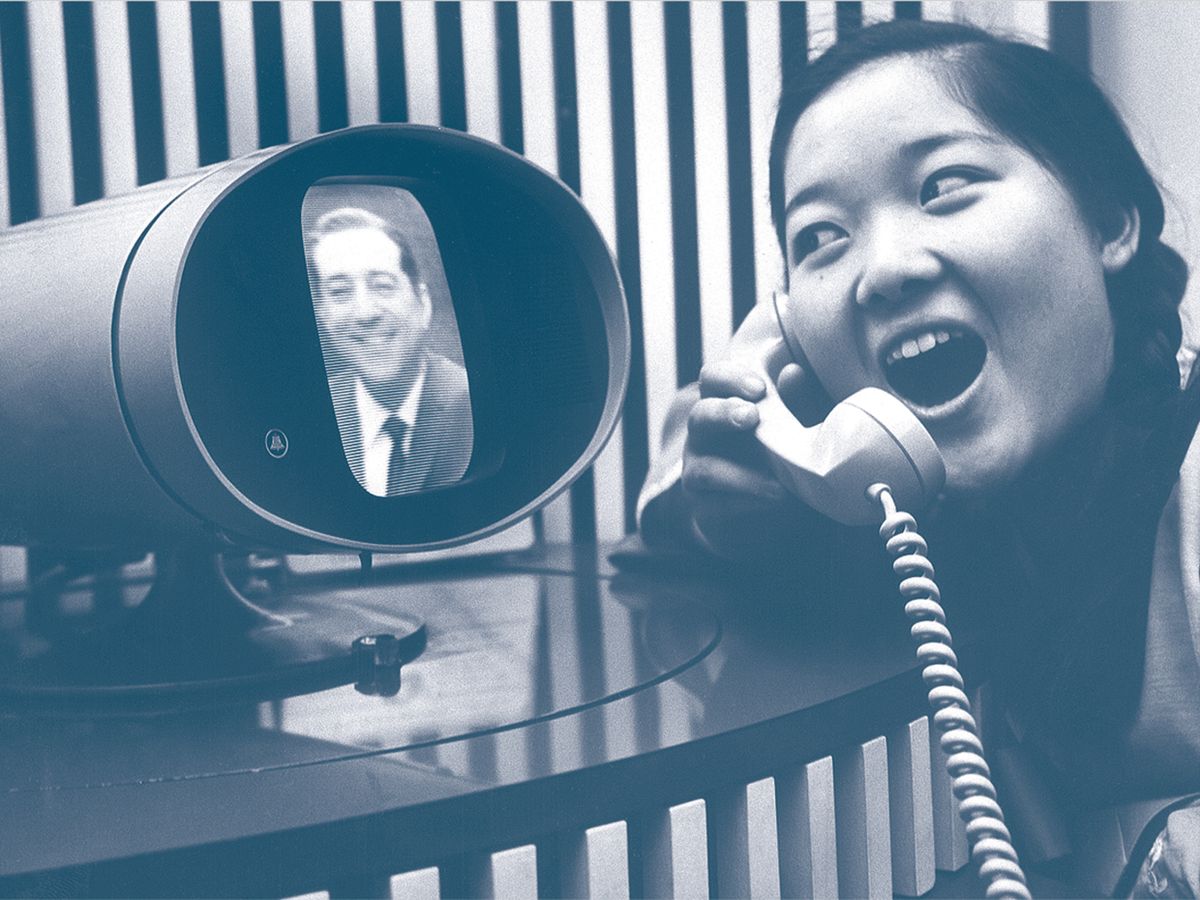Why are we engineers so bad at making predictions?
In countless panel discussions on the future of technology, I’m not sure I ever got anything right. As I look back on technological progress, I experience first retrospective surprise, then surprise that I’m surprised, because it all crept up on me when I wasn’t looking. How can something like Google feel so inevitable and yet be impossible to predict?
I’m filled with wonder at all that we engineers have accomplished, and I take great communal pride in how we’ve changed the world in so many ways. Decades ago I never dreamed we would have satellite navigation, computers in our pockets, the Internet, cellphones, or robots that would explore Mars. How did all this happen, and what are we doing for our next trick?
The software pioneer Alan Kay has said that the best way to predict the future is to invent it, and that’s what we’ve been busy doing. The public understands that we’re creating the future, but they think that we know what we’re doing and that there’s a master plan in there somewhere. However, the world evolves haphazardly, bumbling along in unforeseen directions. Some seemingly great inventions just don’t take hold, while overlooked innovations proliferate, and still others are used in unpredicted ways.
When I joined Bell Labs, so many years ago, there were two great development projects under way that together were to shape the future—the picturephone and the millimeter waveguide. The waveguide was an empty pipe, about 5 centimeters in diameter, that would carry across the country the 6-megahertz analog signals from those ubiquitous picturephones.
Needless to say, this was an alternative future that never happened. Our technological landscape is littered with such failed bets. For decades engineers would say that the future of communications was video telephony. Now that we can have it for free, not many people even want it.
The millimeter waveguide never happened either. Out of the blue, optical fiber came along, and that was that. Oh, and analog didn’t last. Gordon Moore made his observation about integrated-circuit progress in the midst of this period, but of course we had a hard time believing it.
Analog switching overstayed its tenure because engineers didn’t quite believe the irresistible economics of Moore’s Law. Most engineers used the Internet in the early years and knew it was growing at an exponential rate. But, no, it would never grow up to be a big, reliable, commercial network.
The irony at Bell Labs is that we had some of the finest engineers in the world then, working on things like the integrated circuit and the Internet—in other words, engineers who were responsible for many of the innovations that upset the very future they and their associates had been working on. This is the way the future often evolves: looking back, you say, “We should have known” or “We knew, but we didn’t believe.” And at the same time we were ignoring the exponential trends that were all around us, we hyped glamorous technologies like artificial intelligence and neural networks.
Yogi Berra, who should probably be in the National Academy of Sciences as well as the National Baseball Hall of Fame, once said, “It’s tough making predictions, especially about the future.” We aren’t even good at making predictions about the present, let alone the future.
Journalists are sometimes better than engineers about seeing the latent future embedded in the present. I often read articles telling me that there is a trend where a lot of people are doing this or that. I raise my eyebrows in mild surprise. I didn’t realize a lot of people were doing this or that. Perhaps something is afoot, and an amorphous social network is unconsciously shaping the future of technology.
Well, we’ve made a lot of misguided predictions in the past. But we’ve learned from those mistakes. Now we know. The future lies in quantum computers. And electronics will be a thing of the past, since we’ll be using optical processing. All this is just right around the corner.
About the Author
ROBERT W. LUCKY wonders why engineers are so bad at predicting the future, in this month’s Reflections column. Lucky, an IEEE Fellow, holds 11 patents and worked for many years at Bell Labs. Before retiring in 2002, he was vice president for applied research at Telcordia Technologies in Piscataway, N.J.
